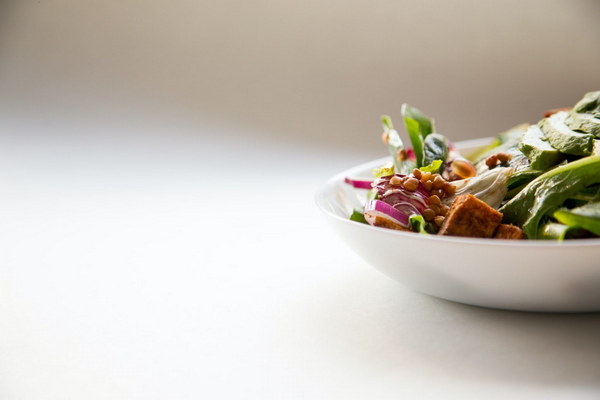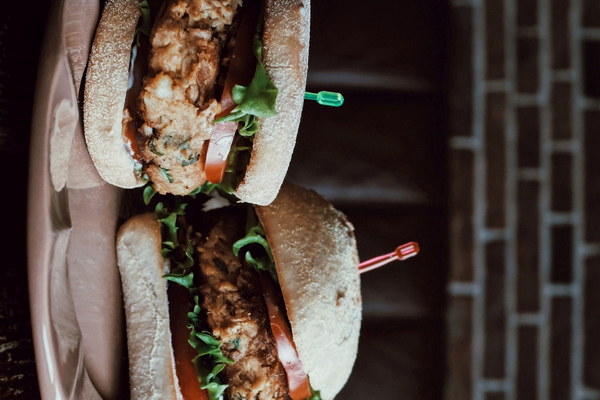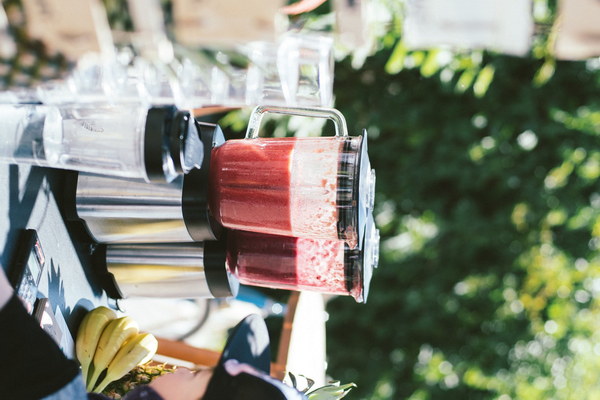Optimal Timing for PostDinner Digestion How Long Should You Wait to Nourish Your Stomach
Introduction:

Digestion is a complex process that requires time and patience. After enjoying a satisfying meal, many of us wonder how long we should wait before engaging in various activities. This article delves into the optimal timing for post-dinner digestion, aiming to help you understand how long you should wait to nourish your stomach effectively.
1. Understanding the Digestive Process:
Digestion begins in the mouth with the mechanical breakdown of food by chewing. It continues in the stomach, where acids and enzymes break down proteins, and in the small intestine, where carbohydrates, fats, and vitamins are absorbed. The process finally concludes in the large intestine, where water and electrolytes are absorbed, and waste is eliminated.
2. The Importance of Waiting:
Waiting after eating is crucial for allowing the digestive process to begin and ensuring that your body can efficiently break down and absorb nutrients. This waiting period varies depending on the type of food consumed and individual factors such as age, metabolism, and overall health.
3. How Long to Wait:
a. Simple Carbohydrates: Foods like white bread, pasta, and sugary snacks are quickly digested. Waiting for about 30 minutes after consuming these foods is sufficient to allow the body to start processing them.
b. Fats and Proteins: Fatty and protein-rich foods take longer to digest, usually around 1-2 hours. Waiting for at least 2 hours before engaging in physical activities or lying down can help prevent discomfort and indigestion.
c. Mixed Meals: A meal that contains a mix of carbohydrates, proteins, and fats can take anywhere from 2 to 4 hours to digest. It's advisable to wait for about 2-3 hours before engaging in any strenuous activities or lying down.
4. Activities to Avoid Post-Dinner:
a. Lying Down: Lying down immediately after eating can lead to discomfort, bloating, and acid reflux. It's best to wait at least 2-3 hours before lying down to promote proper digestion.
b. Strenuous Activities: Engaging in intense exercise or heavy lifting immediately after eating can disrupt the digestive process. It's recommended to wait for at least 2 hours before partaking in such activities.
c. Smoking and Drinking: Smoking and drinking alcohol after a meal can slow down digestion and cause heartburn. It's best to avoid these habits for at least 30 minutes to an hour after eating.
5. Tips for Optimal Digestion:
a. Eat Slowly: Taking your time while eating helps your body produce the necessary enzymes and hormones for digestion.
b. Stay Hydrated: Drinking water throughout the day, but not immediately after meals, can aid in digestion.
c. Avoid Large Meals: Eating smaller, more frequent meals can help prevent overloading your digestive system.
Conclusion:
Understanding the optimal timing for post-dinner digestion is essential for maintaining a healthy digestive system. By waiting the appropriate amount of time after eating, you can ensure that your body can efficiently break down and absorb nutrients. Remember to avoid lying down, strenuous activities, and harmful habits like smoking and drinking immediately after meals. By adopting these practices, you can nourish your stomach and promote overall well-being.









